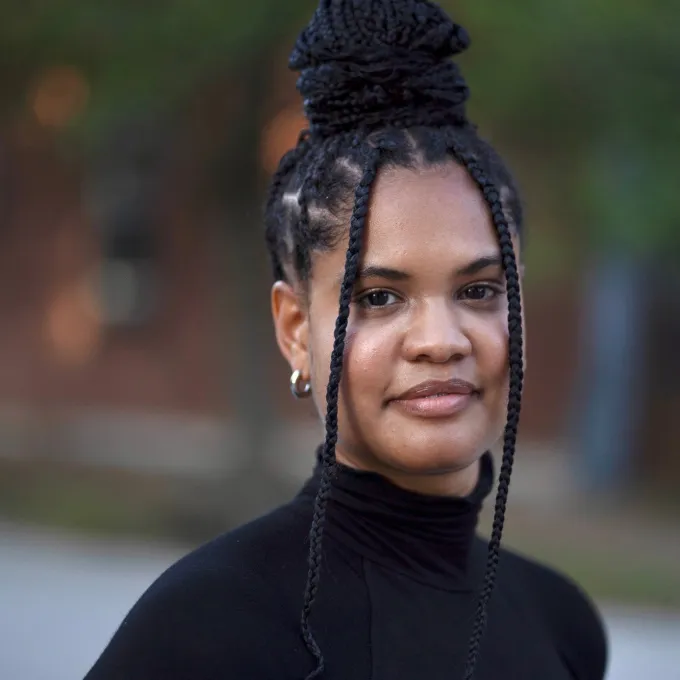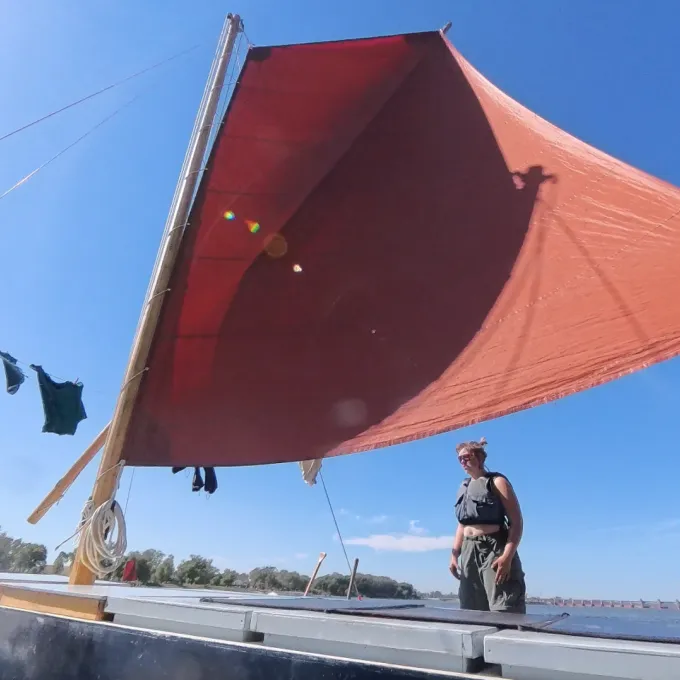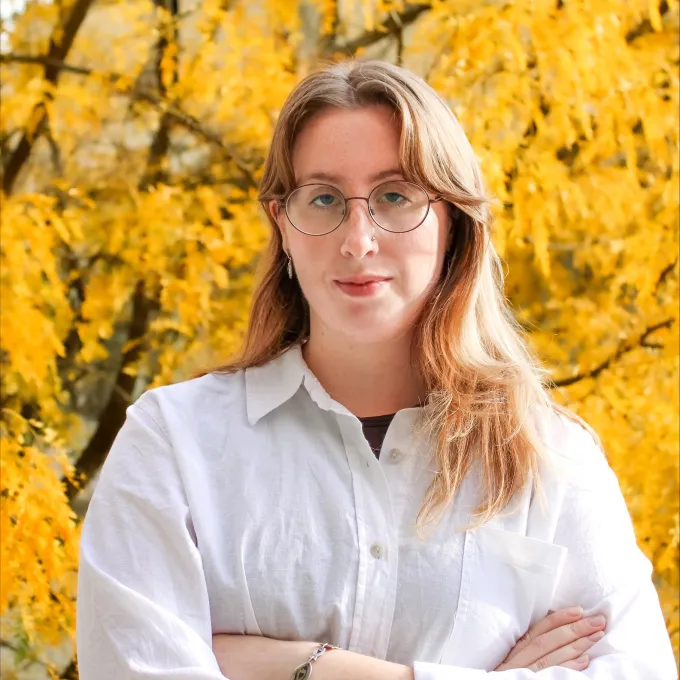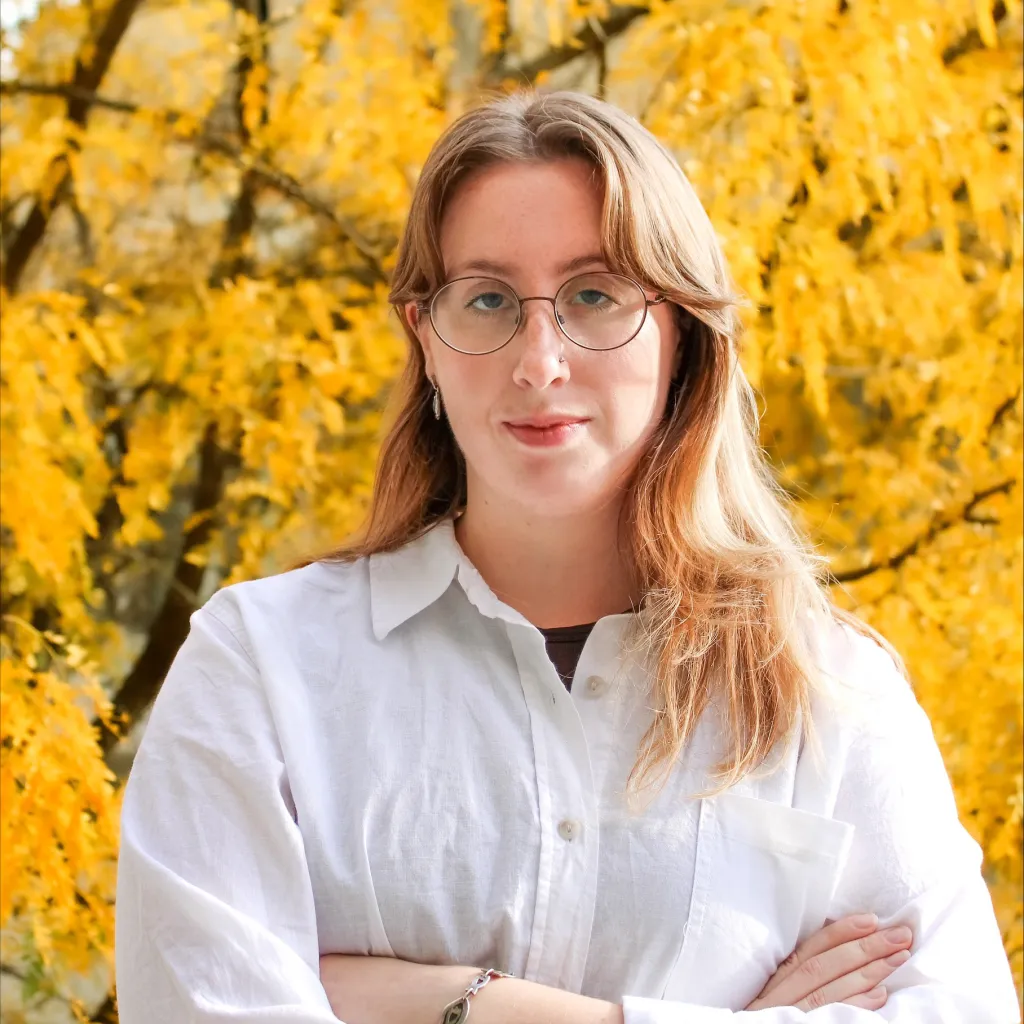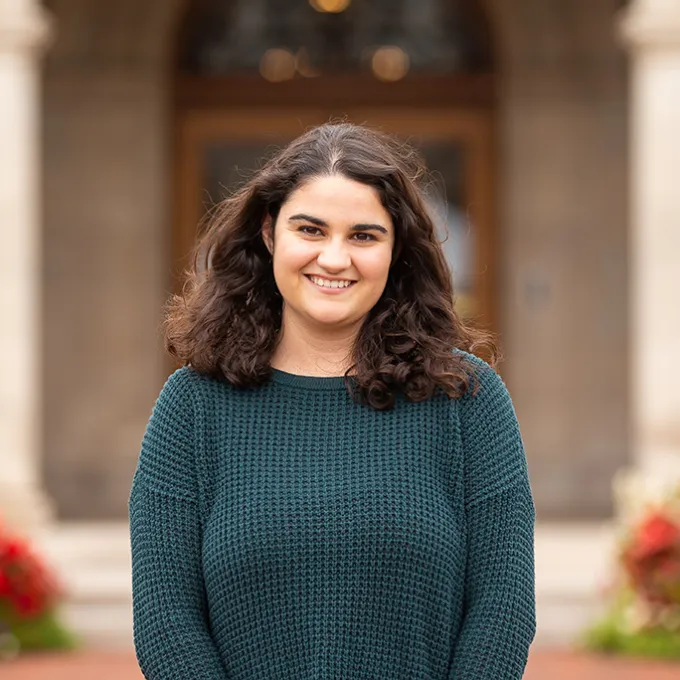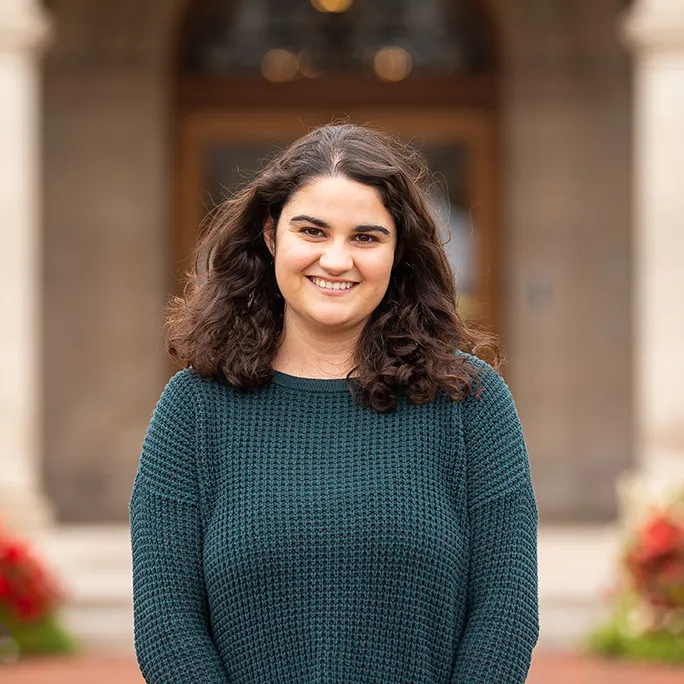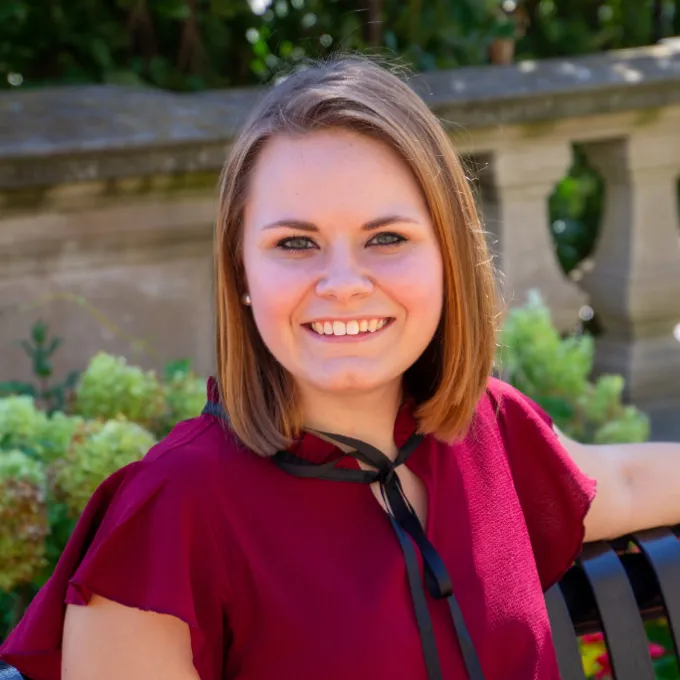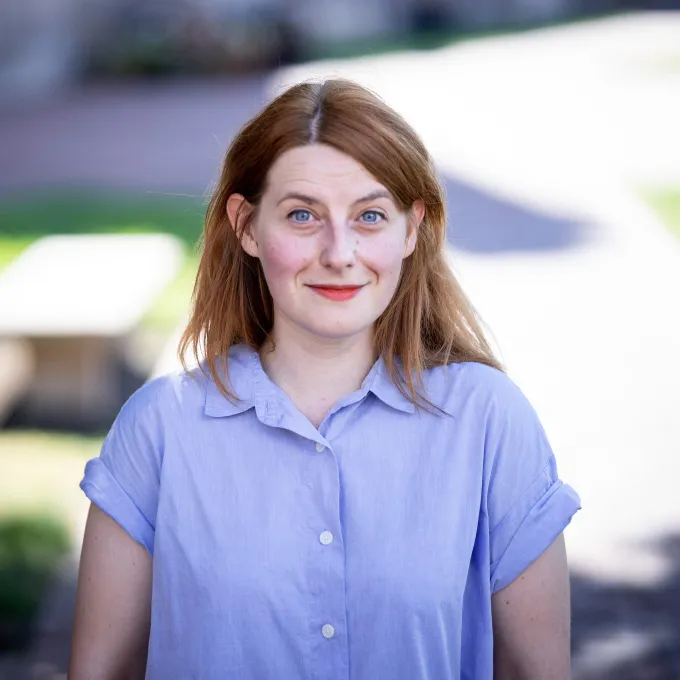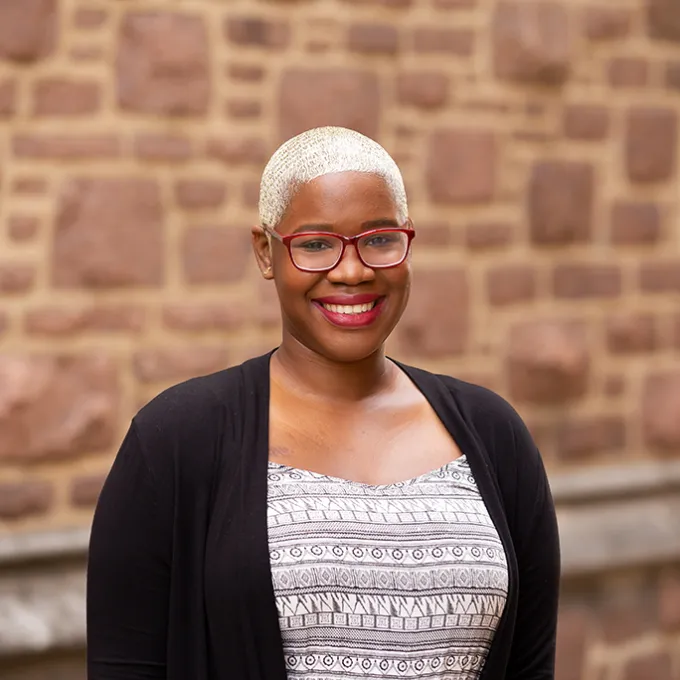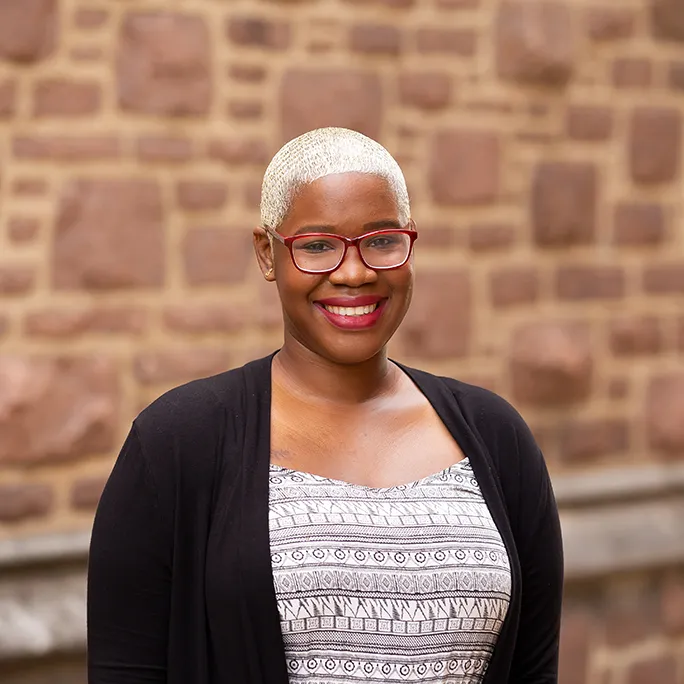Join us at the humanities center!
The Center for the Humanities has three ongoing MPE opportunities.
Graduate Mentor, Banned Books Undergraduate Research Fellowship
The graduate student undertaking this MPE will work with the students of the Banned Books Undergraduate Research Fellowship. Fellows will engage in research projects on topics of their choosing, and take part in regular meetings to collaborate on a final event, consult with experts and advocates against book banning at the state and national level, and workshop their ongoing individual projects. While students will produce writing around their research topic, the final product of their work is the presentation of their research, rather than a paper.
The graduate mentor will guide the students through their individual research projects, including through connecting students with resources, faculty experts, and project ideas, and holding weekly office hours. They will also mentor students in the writing of their final, end-of-term reports (4-5 pages), partner with Center staff on the facilitation of regular meetings, and aid in the facilitation of a culminating event. The expected workload is 10 hours weekly.
Note: This position is filled through Spring 2026.
MORE INFO
Graduate Mentor, Environmental Humanities Undergraduate Research Group
The Center for the Humanities and the Program in Environmental Studies are partnering on a small research cohort for undergraduate students in Spring 2025. A group of undergraduates will work on projects related to topics in the environmental humanities, using archival materials from WashU’s Tyson Research Center field station as a key source for their explorations.
The graduate mentor will guide the students through an active process of recovery of Tyson’s archival materials and their use in the development of their individual projects, including through connecting students with resources, faculty experts, and project ideas, by consulting with students and holding weekly office hours. They will also mentor students in the writing of their final, end-of-term reports (5-8 pages), and aid in the facilitation of a culminating event. The expected work load is 10 hours weekly.
Note: This position is still available for Spring 2026.
MORE INFO
Humanities Digital Communications
The MPE in Humanities Digital Communications at the Center for the Humanities offers a graduate student the opportunity to take the lead on coordinating one of our monthly newsletters, the Humanities Broadsheet. Shared via email to over 3,000 subscribers each month during the academic year, the Broadsheet is a free online events calendar that gathers into one spot the humanities-related events hosted by St. Louis’ many cultural institutions and organizations, both on campus and in the greater St. Louis region. The Humanities Digital Communications MPE would work with the communications manager for the full lifecycle of each monthly issue — identifying appropriate events, communicating with event organizers, curating highlighted events, copy-editing, formatting each issue to house style, designing emails and website updates — as well as mentor an undergraduate assistant. Additional communications projects, as well as the opportunity to consider communications with broader publics more holistically, are available as time and interest permit. This MPE will take place virtually.
Note: This position has been filled for Fall 2025, but is still available for Spring 2026.
MORE INFO
